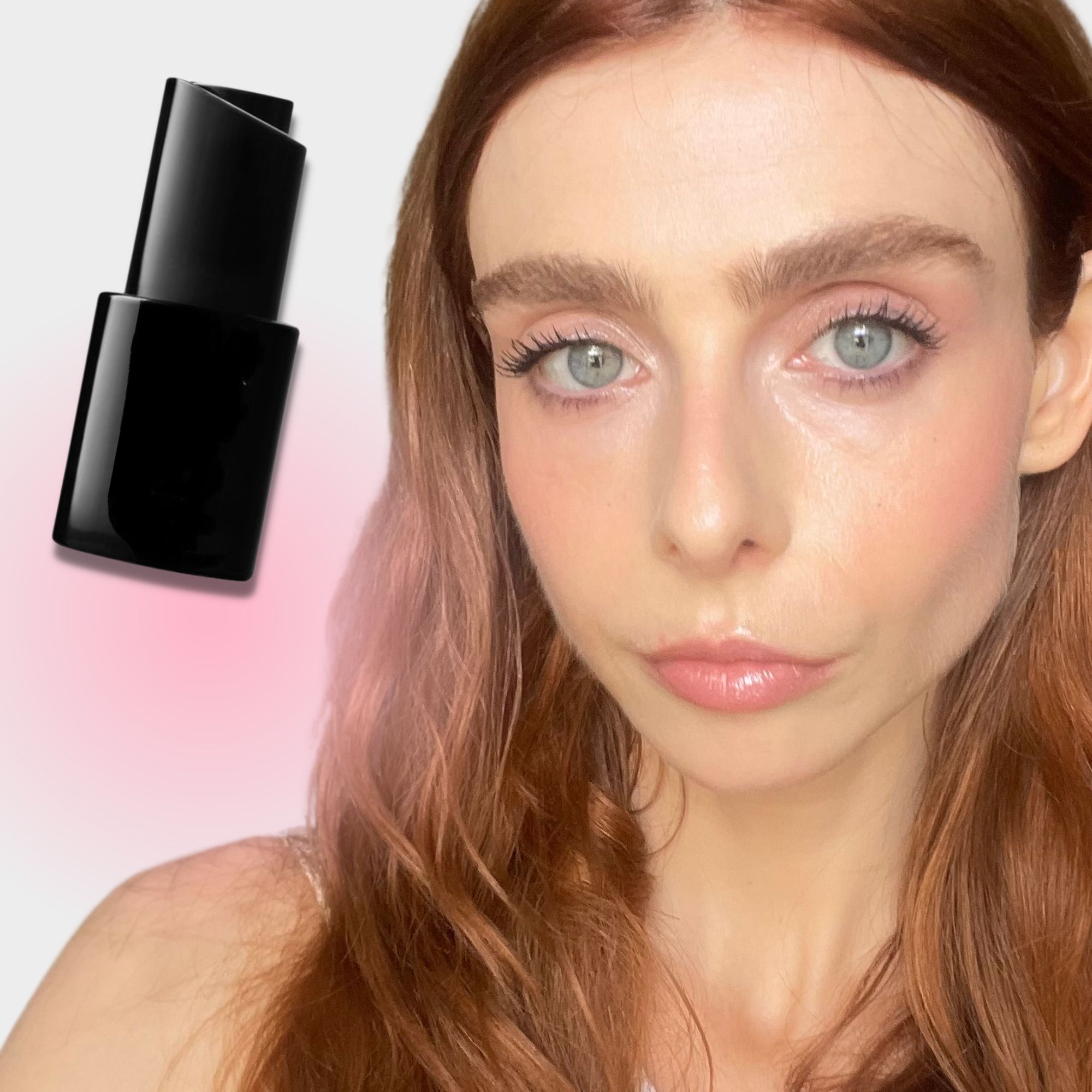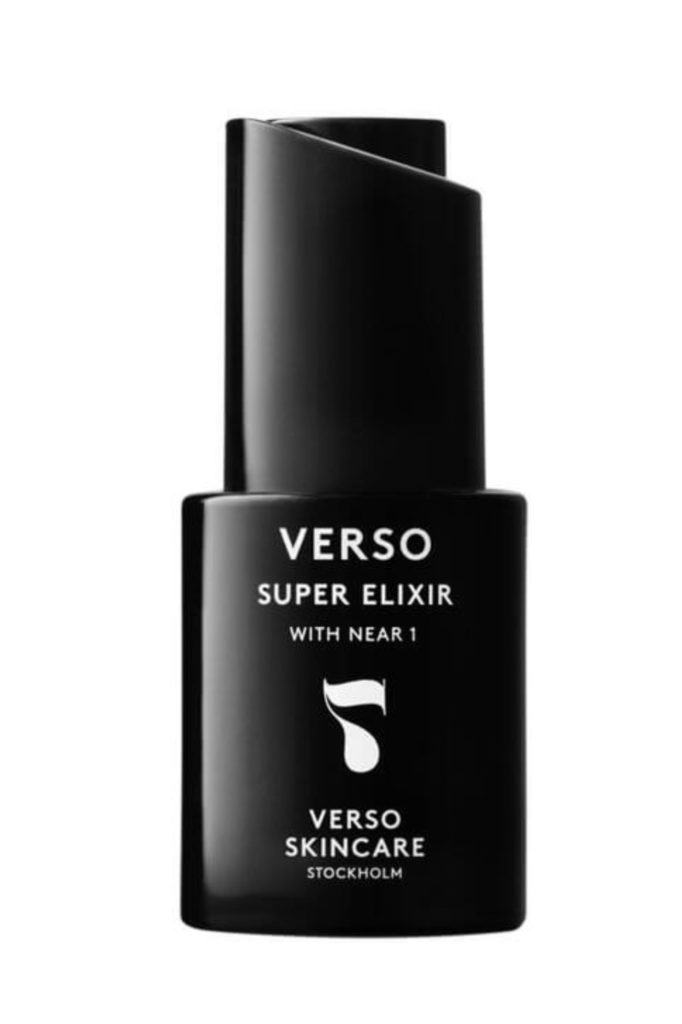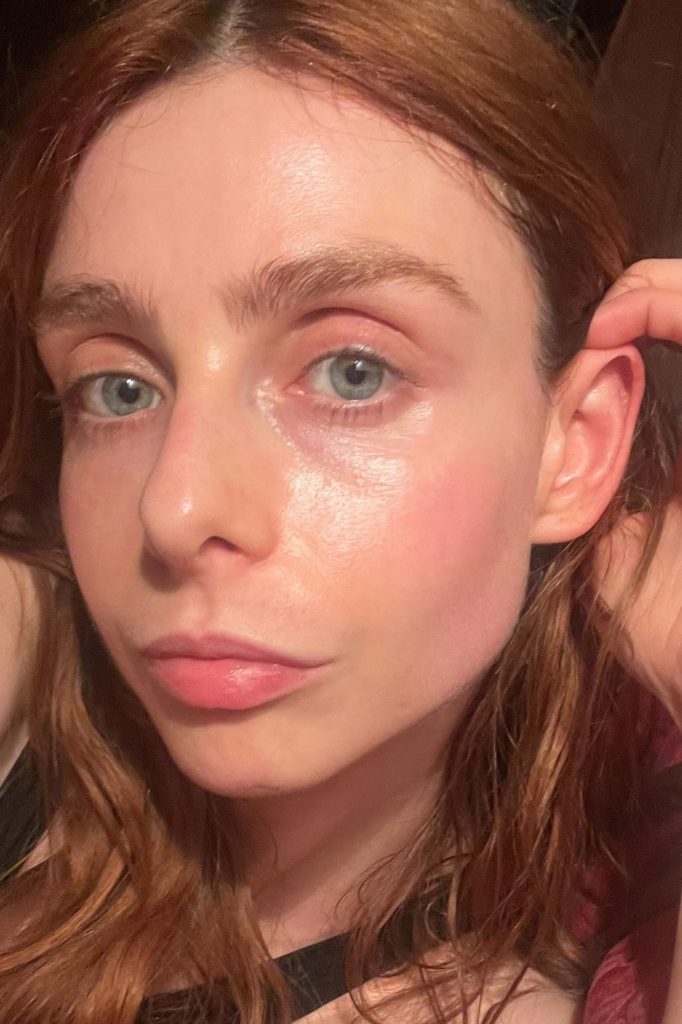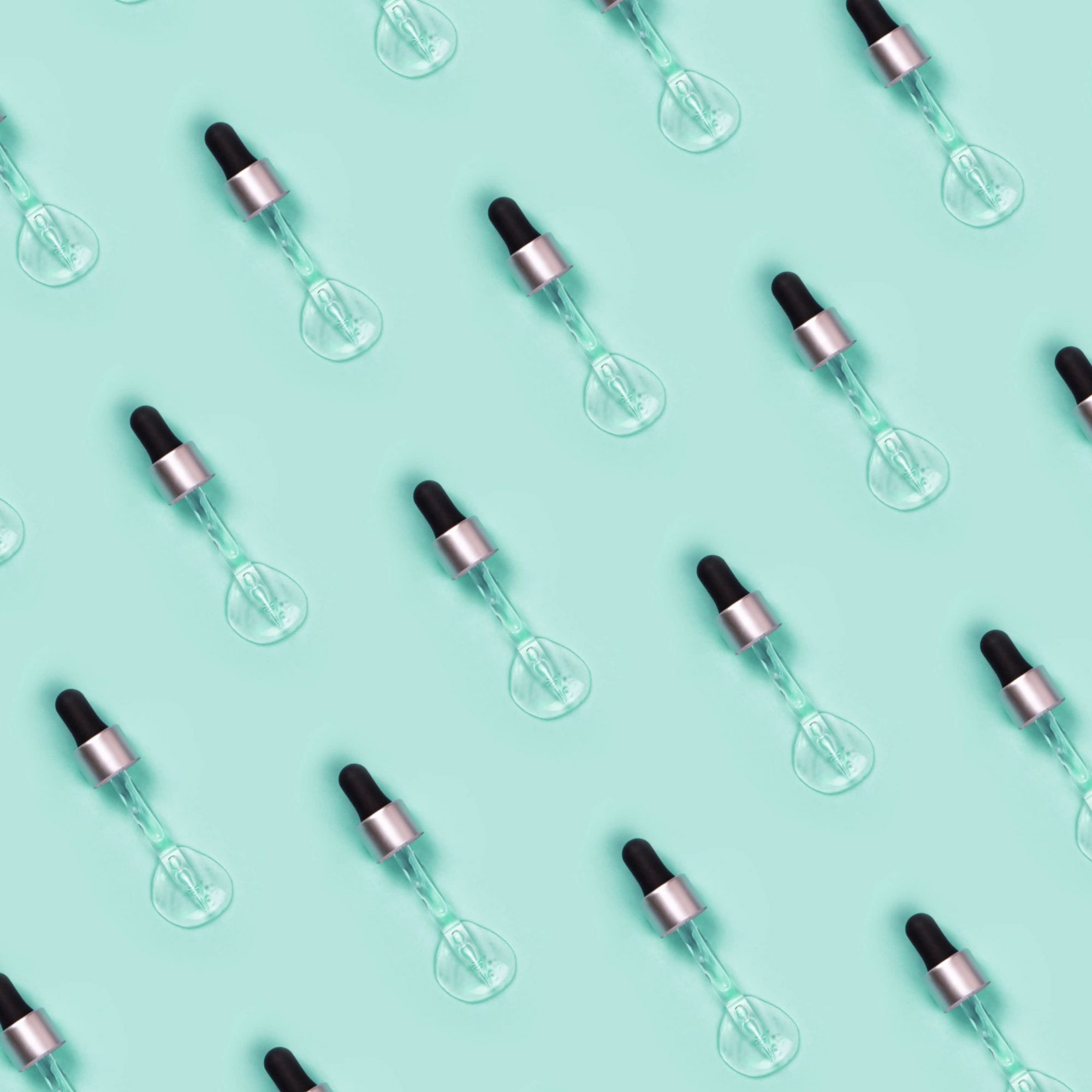
- POPSUGAR Australia
- Beauty
- This New Skincare Ingredient Totally Transformed My Skin In 2022
This New Skincare Ingredient Totally Transformed My Skin In 2022

Beauty journalists subject their skin to all sorts of ingredients, which, in turn, has led to the term “beauty editor skin”. What is it? The opposite of what you’d expect. As it turns out, trialling the best new treatments and skincare products week in and week out means that we’re often breaking out, red-faced, and itchy, because exposing your skin to hundreds of new ingredients a week can lead to sensitivity. It’s a little bit (but not a lot) like how Olympic athletes have more injuries than regular people. Yes, I compared myself to an Olympic athlete, and no, I’m not taking it back.
I consider myself pretty fortunate, in that I don’t have sensitive skin and aside from the occasional disaster, I can handle a lot. The one thing I’ve never mastered? Vitamin A.
This sucks, frankly, because vitamin A is broadly acknowledged as the single most effective skincare treatment after sunscreen (it’s closely followed by vitamin C).
Vitamin A as we understand it today has a very long history. First identified as an essential nutrient in 1937, researchers discovered that low vitamin A levels caused blindness and low immunity. But how does vitamin A work in your skincare? Vitamin A, or retinoids, can be found in skincare in many forms, from tretinoin, which requires a prescription, to retinol and retinaldehyde, which can be found at department stores, MECCAs and Sephoras.
All vitamin A products need to be converted into retinoic acid to work. Strong vitamin As like tretinoin are pure retinoic acid, which means they pack a punch but can be irritating. Other forms of vitamin A, like retinol palymitate and retinol, require several conversions to become retinoic acid, which makes them far gentler on the skin, but also potentially less effective.
Personally, despite the many sophisticated slow-release formulas and newer, more gentle derivatives of vitamin A available today, I’ve always ended up with red, cranky skin with more lumps, bumps, and fine lines than I had to begin with when trying to use retinol.
That is until the Verso, Super Elixir landed on my desk. My usual aversion to vitamin A was overwhelmed by the announcement of a brand-new molecule, something rare in the beauty industry.

What Verso Super Elixir Did for Me:
I mean, what didn’t it do?
Firstly, Verso Super Elixir contains a molecule called Near 1, a catchier term for Niacinamidoethyl Retinoate. This molecule combines vitamin A and niacinamide. The press release accompanying the mysterious black dropper bottle claimed that niacinamide would balance the irritating effects of vitamin A, while supercharging its brightening properties and regulating sebum production to boot.
“The benefits of using this stable form include its ability to deliver the visible results of Vitamin A with less to no irritation,” reads the brand’s website. Consider me enraptured.
I introduced Super Elixir gingerly, using it once every three days. I waited for the angry red patches and lumps, but they didn’t come. In an unprecedented skincare development, I cautiously moved to every two nights.
No angry red bumps, just clear, smooth, lit from within skin that was garnering me a lot of compliments. One day I ran out of time to apply foundation before heading to the office and was met with a “your skin looks amazing”. This is not a normal occurrence. I love compliments, so, slightly mad with power, I bumped it to every night. Seven days a week proved a little too much with my otherwise chopping and changing skincare routine, though, so I quickly course corrected and went back to every second night. I was still net month-on-month increase in compliments, so I was satisfied.
Not only was my makeup applying more smoothly, my skin also seemed more resilient. The photo below was taken on a Sunday while I was feeling extremely under the weather — vitamin A increases collagen and elastin, meaning it literally increases your skin’s ability to “bounce back”. My complexion seemed impervious to my poor decisions. Win.
I was fascinated by the results, so I begged for the time of genial Verso founder Lars Fredriksson to express my gratitude and get to the bottom of the Near 1 formula.

Verso And Vitamin A:
Fredriksson’s passion for retinol was born while working in the beauty industry decades ago. He developed skincare ranges with brands like Restalyn, working with doctors and plastic surgeons who were bullish on the consumer benefits of vitamin A. Fredriksson was fascinated by the ingredient, which is demonstrated to increase cell proliferation, strengthen the epidermis, limit transepidermal water loss, inhibit the enzymes that break down collagen, and boost bacteria immunity. It was a miracle skincare ingredient, but one that came with a lot of pain points for users.
Fredriksson set about trying to capture the efficacy of vitamin A, without the side effects. There were a lot of derivatives available, but none as effective as retinol.
Fredriksson launched the Verso brand in 2013 with a fresh new vitamin A ingredient, Retinol8. Retinol8 was ahead of its time, boasting a unique molecular structure. In a process that combines retinoic acid with retinol, Retinol8 is gentler than traditional retinol, and counterbalances retinol irritating effects. Frederiksen explains that because Retinol8 is far more effective than traditional retinol, formulates could work with far lower concentrations of the ingredient.
He uses the Verso Night Cream as an example.
“In the Night Cream, we use 0.06% Retinol8, however, because it is eight times more effective, this is equivalent to 0.5% retinol.” While with traditional retinol, the minimum dosage for efficacy is considered 0.3, with Retinol8 the minimum effectiveness is 0.06%, resulting in an equivalent irritation level of 0.03% retinol.
Related: 4 Dermatologist-Approved Skincare Ingredients You Should Be Using on Your Body Too
How Does Verso Super Elixir Work?
Fredriksson immediately scores brownie points with me for complimenting my skin (my love language).
I tell him I’ve been using the Super Elixir and that it’s been the only vitamin A to work for me, and he beams like a proud parent. Super Elixir and its unique molecule Near 1 have been in development for eight years.
He saw niacinamide, a potent anti-inflammatory and melanin inhibitor, as a natural partner for vitamin A. However, he’s the first to confess he’s not a doctor or a chemist, and his vision was quickly squashed by scientists.
Turns out, vitamin A and niacinamide don’t get along.
“I was told it’s like trying to put two repelling magnets together,” he says. But eventually, Fredriksson found a lab in Italy that was working on Active Pharmaceutical Ingredients (APIs), and while the lab usually didn’t work on commercial skincare ingredients, they found the proposition sufficiently intriguing. Eight years of trial and error later and they had the Near 1 molecule, but how they were going to get it to store shelves was another problem.
Related: Is Retinol the Answer to All of Your Skin-Care Woes? Here’s What You Need to Know
Even when Near 1, a vitamin A effective at just 0.037%, was successfully formulated, finding the correct carrier took time.
“Whenever we were able to dissolve the molecule into its final formulation it became unstable,” he says. “It worked for three or maybe four months and then all of a sudden broke down.”
Finally, the company landed on squalene, a super-fine, skin-identical carrier oil that delivers ingredients deep into the skin, as well as liquorice extract, another effective pigment inhibitor, and vitamin E, a soothing antioxidant ingredient.
Fredriksson is bashful in the face of my effusive praise, but does say everyone should be using vitamin A.
“If you’re using vitamin A today and that works for you, don’t change, if not you should add one,” he says. “Shop around; everyone’s skin is different but most brands you’ll find in the store have great stability, and are working with great technology.”
Is Verso Super Elixir Worth, Ahem, $279?
This is always a sticky question. Whether a skincare item is “worth it” always comes down to how effectively they’ll address your concerns, and of course, whether you’ll have to take out a loan to purchase them.
For me, Verso, Super Elixir allowed me to reap the benefits of vitamin A I previously haven’t been able to access because of skin intolerance. If you’re similarly sensitive to vitamin A, I would say go for it. The oil formula means that a little goes a long way — a few drops will give you results, and you won’t be rushing to repurchase every three months.


